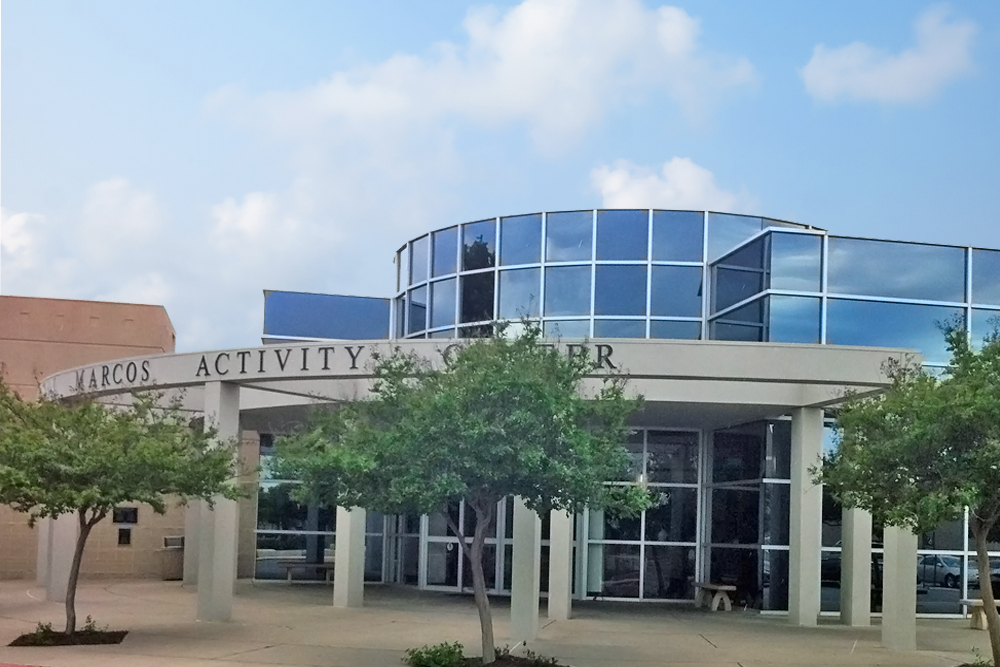Millennial Perspective: A Religious Decline
by, Jarrett Moehn
Americans born between the late 1980’s and the early 2000’s have been bestowed the nickname Millennials. Millennials are also known as generation Y, ironically enough since we love to question everything and heed little advice given.
Following generation X of the 1960’s-1980’s generation Y has set themselves apart in every way. Generation X is not known for their tech savvy skills, while generation Y is known as the masters of Apple, Androids, instant messengers and every form of social media in existence.
Millennials are the last generation to have experienced the VCR, cassette tapes, and a time before computers, while at the same time introduced to the internet, DVDs, downloads, and smartphones. While we are privileged to remember the good old days, we have been forced to evolve with technology at a faster rate than any generation before us.
Younger Millennials these-days commonly avoid labels, including the branding as a millennial, in a constant effort to individualize themselves from the masses, unlike generation X who took to the streets in protests, organizations and identified themselves with group associations.
The most notable rejected identification amongst millennials is religion. According to the Pew Research Center, in year 2015, 35% of adult millennials are religiously unaffiliated. On the flip side, generation X is found to be only 23% religiously unaffiliated. In the grand scheme of American history this is a colossal change.
If non-religion was considered a religious identity, statistically speaking, it would be the fastest growing religion in the history of the United States. It seems as time goes by with each proceeding generation religion will become less relevant as a whole.
A collective misconception about people without a religious identity, is they lack morals or a common sense of morality. Does that mean the other generations before them are in danger?
While a person may not claim a religion it does not mean they lack morality. Fear not America, millennials do have morals and are not planning for world domination anytime soon nor seem to be an immediate threat to our safety.
A common sentiment amongst millennials regarding organized religion is, it’s just not that important to them.
Speculation suggests, the rise of the world-dominating internet has been the greatest cause to the downfall of religious adoption in recent years. It makes perfect sense that the internet would hold the strongest influence for millennials, as our addictions to Facebook notifications and Twitter feeds command our lives from the moment we wake, to the time we fall asleep with our phones in our sheets.
With the internet, people are more connected than ever to others with different backgrounds. This means people can communicate over the broadest network of new influences and ideas than ever before. Research shows, it is in human nature to question one’s own perspective if given a comprehensive range of options. This is not exclusive to religion. If you are staunch Apple product subscriber, and happen to come across the newest counter-part, it is in your natural instinct to consider the alternative-just in case.
Another feature the internet provides generation Y, is the ability to fact check almost instantly. For previous generations, most facts, opinions or advisement had to be taken at face value and doing research was much more difficult.
So when a millennial catches an inconstancy in a scripture, from a pastor, they can compare, analyze and even disprove statements with a simple Google search.
Will the migration away from organized religion negatively affect American society over time?
Of course not, some countries with even more dramatic non-religiously affiliated statistics, happen to be some of the better performing societies. Countries such as Denmark, Finland, Norway, and Sweden are on the top ten list for least religiously identified people in the world. These countries are also leading in, higher salaries per capita, overall quality of life, and happiness according to Gallup research.
It is possible and maybe even likely, that future generations will be even less religiously affiliated than generation Y currently is, as technology and information speed increasingly dictate family routines and alter traditions.
As a younger millennial, I am encouraged by this social transformation of non-specific religious identity of individuals, as it reflects higher education levels or at the very least the willingness of many to explore the world for different perspectives.
Aside from the 35% statistic, there remains a large portion of millennials that describe themselves as religious or spiritual. Speaking with my fellow student millennials at Texas State University and around the San Marcos area, many identified themselves as “religious” making a point to mention their spirituality came from a personal relationship with God, not an organized religion. Whether it be in Central Texas or elsewhere, millennials have seemingly grown distrusting of organized religion.
This is perhaps is a reflection of the famous 1964 Bob Dylan lyrics “Times are a changin’”. Values and traditions are always subject to change as years go on. There was once a time when it was a family event every week to go to church. With past generations, it was typically the most important part of the week. Now, it is difficult to sit down for a family dinner let alone a three hour sermon.
Furthermore, all people today seem to have the attention span for nothing more than a ‘Tweet’, therefore taking the time to read the Bible or Quran seems overwhelming.
Overall the subject of religion, with particular regard to millennials, is undergoing a fascinating evolution with many never before seen variables effecting historical change. Whether this progression is good or bad; to each his own may decide, and only time will tell.





